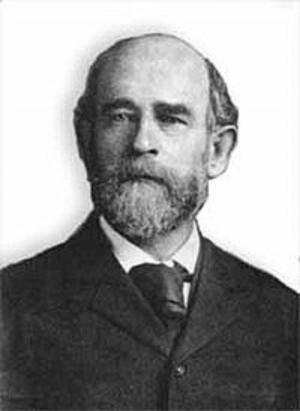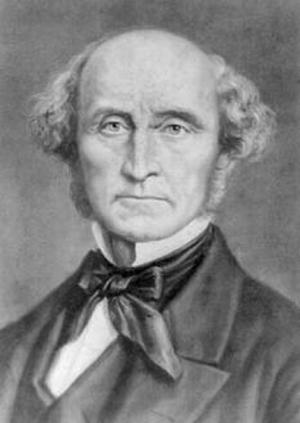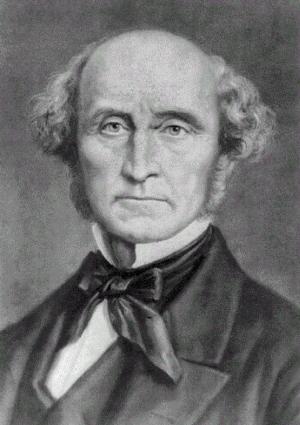William James on Psychology and Philosophy (Illustrated)
Business & Finance, Economics, Macroeconomics, Theory of Economics| Author: | William James | ISBN: | 1230000271926 |
| Publisher: | AS Team | Publication: | October 3, 2014 |
| Imprint: | Language: | English |
| Author: | William James |
| ISBN: | 1230000271926 |
| Publisher: | AS Team |
| Publication: | October 3, 2014 |
| Imprint: | |
| Language: | English |
The book has an active table of contents for readers to access each chapter of the following titles:
1. Some Problems of Philosophy – William James
2. Essays in Radical Empiricism – William James
3. A Pluralistic Universe – William James
The book contains the important works about psychology and philosophy by William James, one of the greatest American psychologists.
Philosophy concerns become explicit in the collection. James believed in the metaphysical view most commonly known as “neutral monism,” according to which there is one fundamental “stuff” that is neither material nor mental. In A Pluralistic Universe, he defended the mystical and anti-pragmatic view.
The works in the collection were widely used by students of psychology to study psychology and Philosophy.
William James influences on Psychology theory are as the follows:
1) Pragmatism
According to pragmatism, the truth of an idea can never be proven. James proposed we instead focus on what he called the "cash value," or usefulness, of an idea.
2) Functionalism
James opposed breaking down mental events to the smallest elements. Instead, James focused on the wholeness of an event, taking into the impact of the environment on behavior.
3) James-Lange Theory of Emotion
The James-Lange theory of emotion proposes that an event triggers a physiological reaction, which we then interpret. According to this theory, emotions are caused by our interpretations of these physiological reactions.
In addition to his influence on Psychology, William James' discussion of choice and rationality, as well as self-interest, made significant contributions to areas of concern in modern economic theory. Each of these themes is connected with aspects of relevant economic literature and is the contribution of James' pragmatism to economic theory.
This is a must read collection for the readers who are interested in researching modern psychology and its influence on philosophy.
The book has an active table of contents for readers to access each chapter of the following titles:
1. Some Problems of Philosophy – William James
2. Essays in Radical Empiricism – William James
3. A Pluralistic Universe – William James
The book contains the important works about psychology and philosophy by William James, one of the greatest American psychologists.
Philosophy concerns become explicit in the collection. James believed in the metaphysical view most commonly known as “neutral monism,” according to which there is one fundamental “stuff” that is neither material nor mental. In A Pluralistic Universe, he defended the mystical and anti-pragmatic view.
The works in the collection were widely used by students of psychology to study psychology and Philosophy.
William James influences on Psychology theory are as the follows:
1) Pragmatism
According to pragmatism, the truth of an idea can never be proven. James proposed we instead focus on what he called the "cash value," or usefulness, of an idea.
2) Functionalism
James opposed breaking down mental events to the smallest elements. Instead, James focused on the wholeness of an event, taking into the impact of the environment on behavior.
3) James-Lange Theory of Emotion
The James-Lange theory of emotion proposes that an event triggers a physiological reaction, which we then interpret. According to this theory, emotions are caused by our interpretations of these physiological reactions.
In addition to his influence on Psychology, William James' discussion of choice and rationality, as well as self-interest, made significant contributions to areas of concern in modern economic theory. Each of these themes is connected with aspects of relevant economic literature and is the contribution of James' pragmatism to economic theory.
This is a must read collection for the readers who are interested in researching modern psychology and its influence on philosophy.















